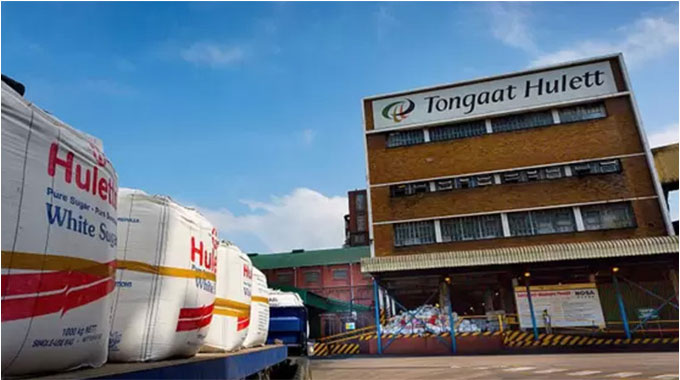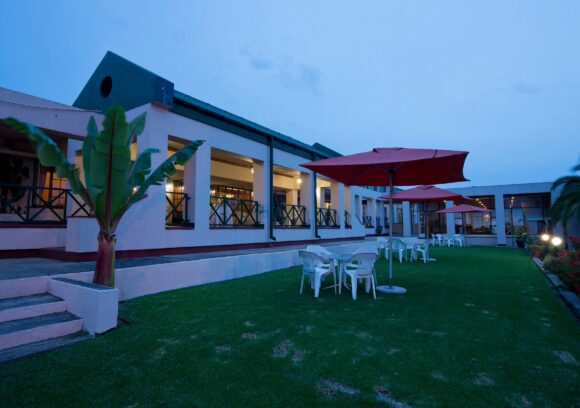SMEs hold the key to import substitution
GOVERNMENT has embarked on a programme to capacitate Bulawayo small-scale millers and bakeries with modern machinery and working capital to increase production levels, a Cabinet minister has said.
Several small-scale entrepreneurs are using obsolete machinery, which is limiting their production levels.
To that end, Women Affairs, Community and Small and Medium Enterprises Development, Dr Sithembiso Nyoni, yesterday said small businesses hold the key to import substitution.
She, however, stressed the need to capacitate small-scale entrepreneurs as they are key in driving economic growth and employment creation.
She said during her tour of a bakery and two millers in Bulawayo.
“We are increasing the capacity of SMEs so that they contribute towards the Buy Zimbabwe campaign.
If we do not do that they won’t grow,” said Dr Nyoni.
“We have seen that despite meagre resources in the form of equipment they have shown vast capacity for growth. They have the competence and will power but are under capitalised.
“We need to finance them in terms of machinery. Most millers are conducting their work manually.
Also, they need capacitation by availing raw materials.”
Sibhula Foods managing director, Mr Sinini Ndlovu, told the minister that their milling company was facing challenges of accessing maize from the Grain Marketing Board, a development that forces them to source from individual traders.
Sibhula Foods
However, one ton of maize is sold at $320 compared to $106 000 at GMB.
“We now resort to buying from individual traders for $320 per ton, which is too high for us.
This greatly affects our operations.
“Our appeal to the Government is for us to have access to maize at reasonable prices,” said Mr Ndlovu.
Bantu Foods managing director, Mr Godfrey Mugumba, also said he is sourcing sorghum and millet from Lupane and Tsholotsho GMB deports.
Grain Marketing Board (GMB)
He added that with modern machinery, he can produce up to six tons per day as compared to three tons manually.
“Manual production is curtailing our daily volumes.
With proper modern machinery we have capacity to produce six tons of sorghum mealie meal as compared to the current two to three tons per day,” said Mr Mugumba.
The country’s manufacturing sector has been lobbying for cheap funds for re-tooling to improve performance and production of quality goods.
A number of companies in Zimbabwe, and Bulawayo in particular, are in dire need of retooling, as they are using obsolete machinery, designed in the early 1940s.-The Chronicle










